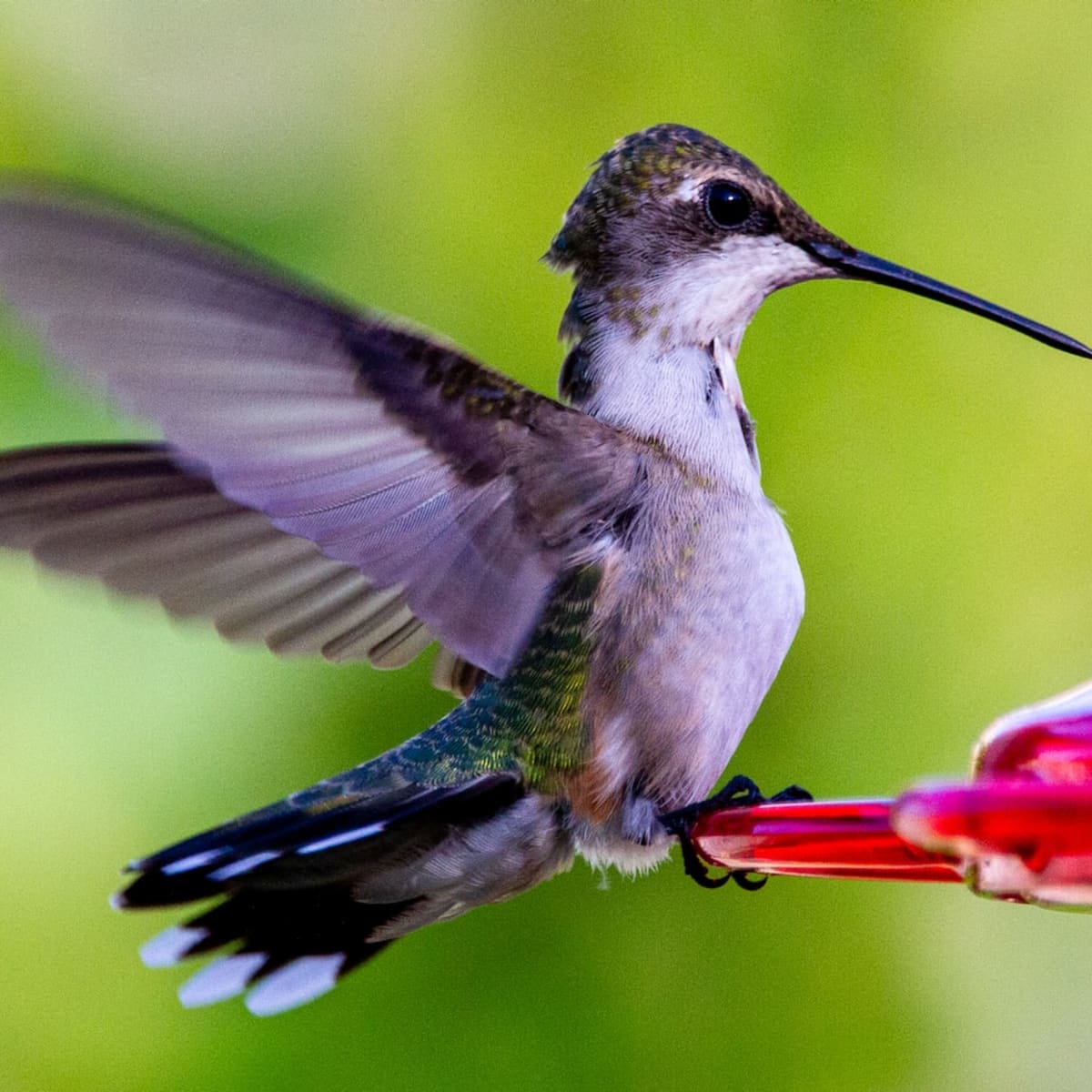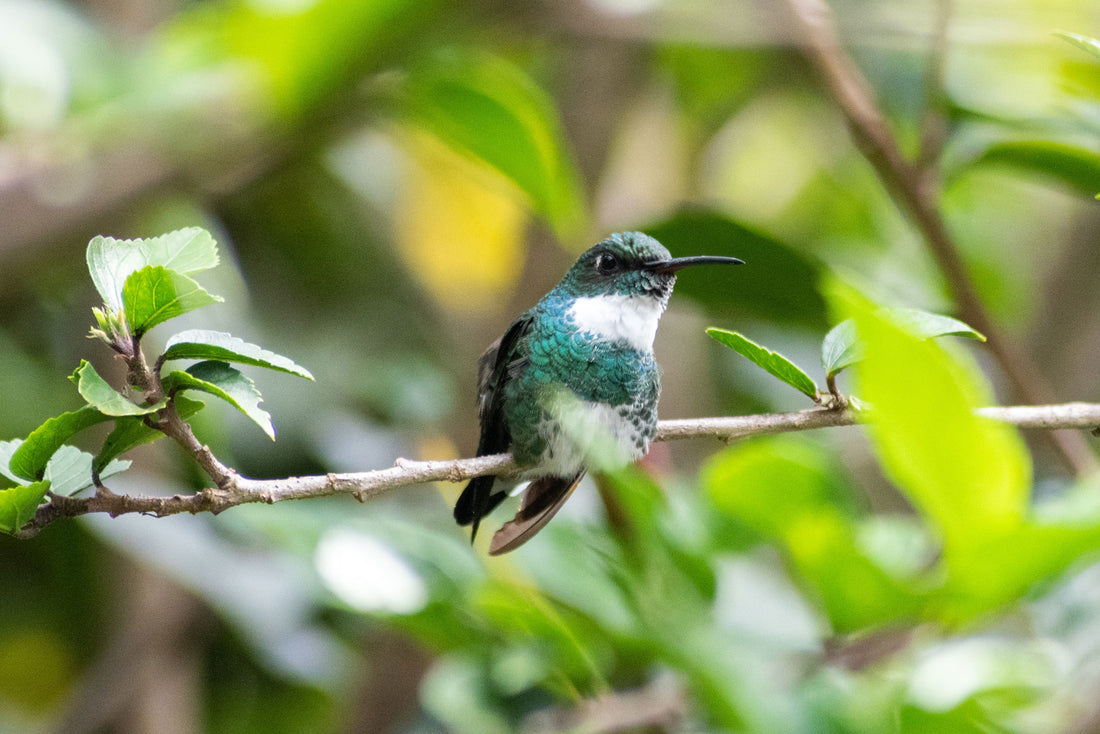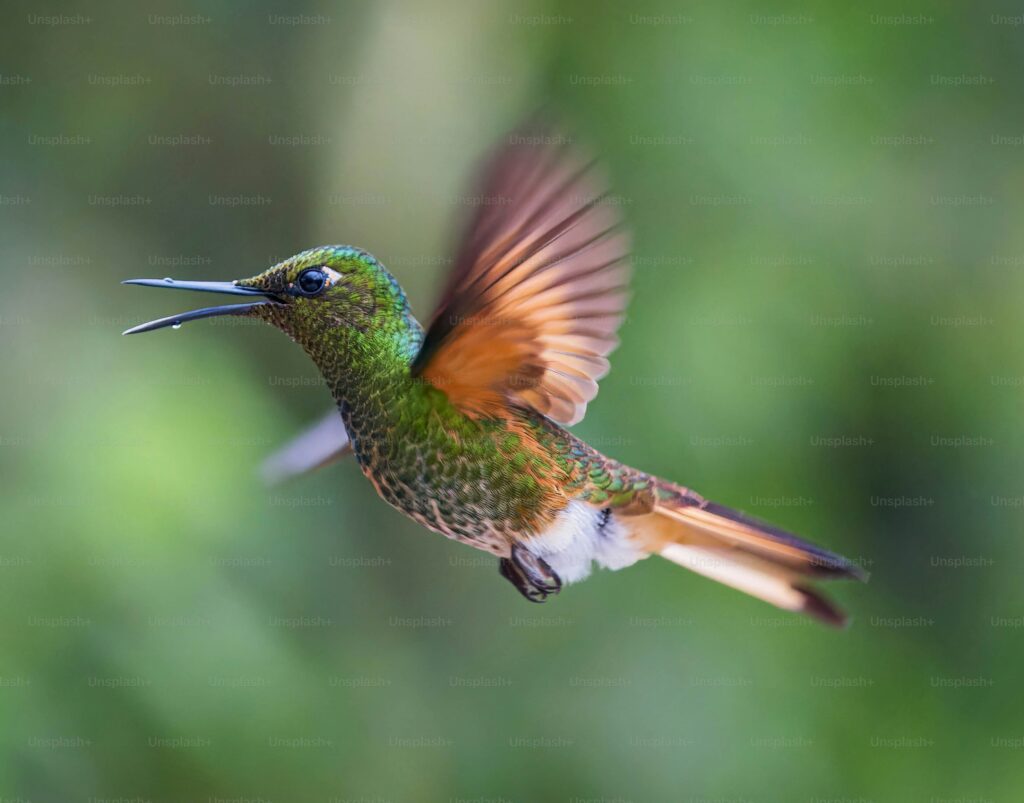Hummingbirds are not only fascinating creatures to observe with their iridescent feathers and swift movements but also play a crucial role in maintaining ecological balance by helping control insect populations. These tiny birds are known for their remarkable agility and voracious appetite for insects, making them effective predators in the ecosystem. In this article, we will explore how hummingbirds contribute to controlling insect populations and the importance of their role in maintaining the delicate balance of nature.
The Diet of Hummingbirds
Hummingbirds primarily feed on nectar from flowers to meet their energy needs. However, they also supplement their diet with insects, which provide essential proteins and nutrients necessary for their survival. These insects include small spiders, beetles, ants, and other tiny arthropods that hummingbirds catch on the wing or pluck from foliage.

Efficiency in Insect Control
Hummingbirds are incredibly efficient insect hunters due to their agility and specialized feeding techniques. With their rapid wing beats and precise flight maneuvers, they can catch insects in mid-air with remarkable accuracy. This hunting behavior not only helps hummingbirds obtain essential nutrients but also contributes to keeping insect populations in check.

Impact on Agricultural Pests
In agricultural settings, hummingbirds can play a beneficial role in controlling insect pests that can damage crops. By preying on insects like aphids, caterpillars, and beetles, hummingbirds help reduce the need for chemical pesticides, promoting a more sustainable and eco-friendly approach to pest management. Farmers and gardeners can benefit from attracting hummingbirds to their fields and gardens to naturally control pest populations.

Ecological Balance
Hummingbirds are an integral part of the ecosystem, and their role in controlling insect populations helps maintain a delicate balance in nature. By regulating insect numbers, hummingbirds prevent outbreaks of pests that can have detrimental effects on plant life and other wildlife. This symbiotic relationship between hummingbirds and insects highlights the interconnectedness of species in the environment.

Conservation Efforts
Despite their importance in insect control, hummingbirds face various threats, including habitat loss, climate change, and pesticide exposure. Conservation efforts aimed at preserving hummingbird habitats and raising awareness about the significance of these birds in ecosystems are essential for their survival. By supporting conservation initiatives and creating bird-friendly environments, we can help protect hummingbirds and ensure they continue to play their vital role in controlling insect populations.

Conclusion
In conclusion, hummingbirds are not just beautiful and agile creatures but also valuable allies in the fight against insect pests. Their efficient hunting skills and insectivorous diet make them effective natural pest controllers, benefiting both natural ecosystems and agricultural practices. By understanding and appreciating the role of hummingbirds in controlling insect populations, we can work towards preserving these remarkable birds and fostering a healthier environment for all species to thrive.

